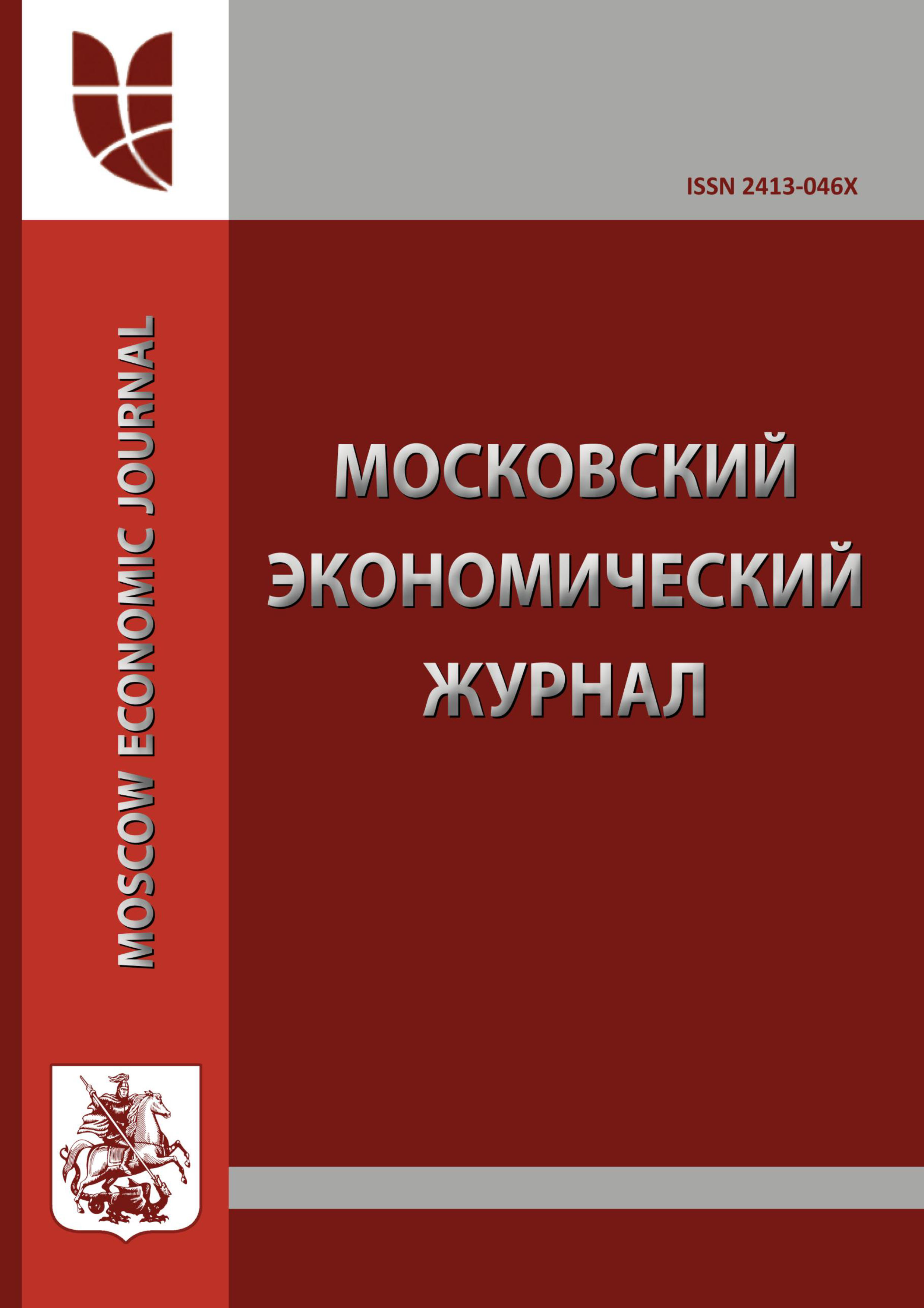Russian Federation
The article is devoted to the analysis of vital activity of the modern family and the reasons for the continuing crisis in the sphere of family and marital. In the article, the author suggests considering the family as a social organization with unique features, characteristics and regularities, arising from the way its emergence and growth. The author also contends that the peculiar features of the Organization would not allow the family to effectively apply existing methods of social control and only measures that take into account the underlying specifics of the family can, at the level of principle, allow still exists in the sphere of family and marital of crisis situation.
family, social management, the natural organization, organizational crisis, the institutional mechanism
1. Borozdina E., Zdravosmyslova E., Temkina A. Materinskiy kapital: social'naya politika i strategiya semey. 2011 g. [Elektronnyy resurs]. URL:http://genderpage.ru/?p=481(10.05.15).
2. Bogdanov A.A. Vseobschaya organizacionnaya nauka / A.A. Bogdanov. M., 1924. S. 75.
3. Sorokin P. Obschie principy civilizacionnoy teorii i ee kritika / P. Sorokin // Sravnitel'noe izuchenie civilizaciy. M., 1999. S. 55.
4. Spenser G. Osnovanie sociologii / G. Spenser. M., 1998. S. 240.
5. Gouldner A.V. Organizacionnyy analiz / A.V. Gouldner // Mirovaya sociologiya segodnya. 1989. S. 36.
6. Tennis F. Razvitie civilizaciy / F. Tennis. M., 1992. S. 156.
7. Gumilev L.N. Konec i vnov' nachalo / L.N. Gumilev. M., 1997. S. 167.
8. Bauer O. Nacional'nyy vopros i social-demokratiya / O. Bauer. SPb. 1909. S. 32.
9. Rossiyskiy statisticheskiy spravochnik, M., 2012. S. 360.
10. Sheyn E. Organizacionnaya kul'tura / E. Sheyn. Voronezh, 1995. S. 112.
11. Enciklopedicheskiy sociologicheskiy slovar' // ISPI RAN. M., 1995. S. 215.
12. Franchuk V.I. Obschaya teoriya social'nyh organizaciy / V.I. Franchuk. M., 2002. S. 242.
13. Prigozhin A.I. Sociologiya organizaciy / A.I. Prigozhin. M.: Nauka, 1980. S. 260.
14. Pospelov G.S. Procedury i algoritmy formirovaniya kompleksnyh programm / G.S. Pospelov, V.A. Irikov, A.E. Kurilov. M.: Nauka, 1985. S. 157.
15. Frolov S.S. Sociologiya: uchebnik dlya vuzov / S.S. Frolov. M., 1997. S. 271.











